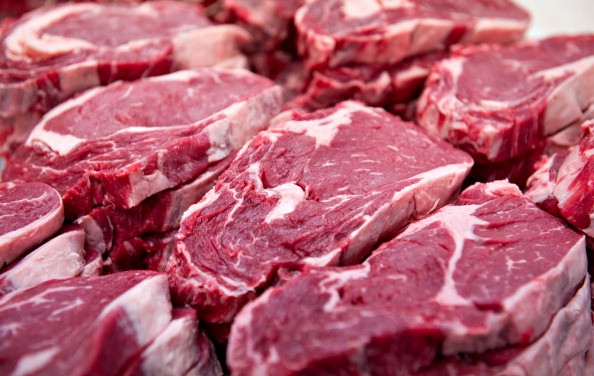According to Whitehouse spokesman Sean Spencer, U.S. President Donald Trump got a “big prize” as the expansion of U.S. beef exports to China was laid on the table during the meeting with Chinese President Xi Jinping. Spicer did not give further details on how to make the success certain.
In September, China lifted the ban on some U.S. beef exports, starting the first trade since 2003 as the country sees an outpour in beef imports.
However, conditions included in the reopening have slowed down the sales. Conditions include China’s traceability requirements for U.S. meet supply.
There are no clear changes to the prior agreement brought from the meeting held last week, Spicer said in a White House press briefing, explaining that “the plan was to put together a plan” on beef and other issues.
In 2003, China, the world’s second-largest beef buyer, stopped importing beef from the U.S. after a case of mad cow disease was recorded in Washington.
China’s demand has grown over the past decade after its rapid economic growth. The rising Chinese middle class can afford more meat in their diet. The country is already the largest pork consumer in the world.
The re-opening of China-U.S. beef trade may open doors for packers such as Tyson Foods Inc., the biggest meat processor in the U.S., and Cargill Inc., the leading American ground beef maker.
“The reports are encouraging, but there are numerous steps remaining before U.S. beef could be exported to China, and there is currently no established timetable for this to happen,” said Mike Martin, director of Wichita, a Kansas-based communications on behalf of Cargill Protein.
Tyson, on the other hand, did not give any comment.
Australian beef producers have benefited from the growing Chinese demand. The cattle slaughter and available supply for export had grown after a drought inflicted the island country.
Brazil, which was permitted to continue exporting beef to China last year, has been a strong competitor to Australia.
The American cattle industry hopes to benefit from the expansion of U.S. beef exports to China.






















